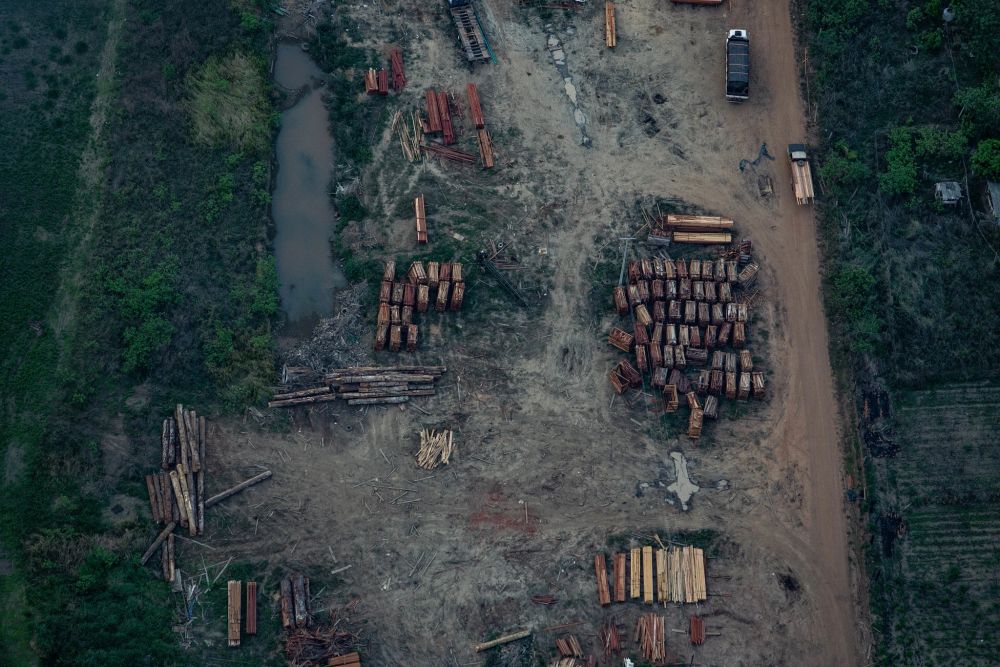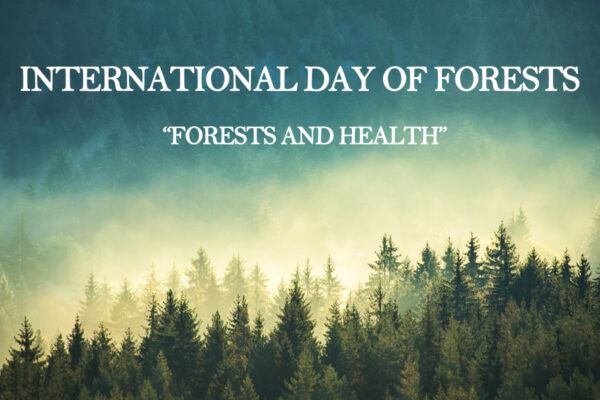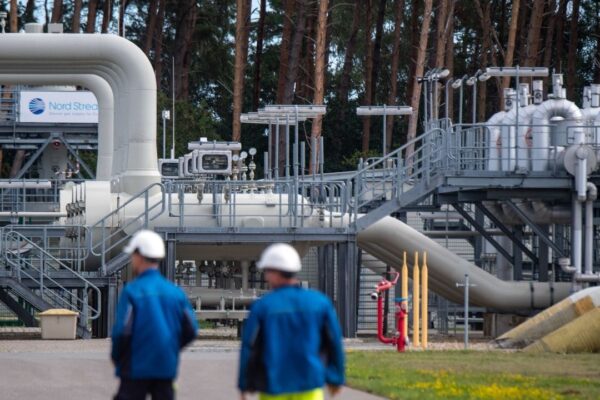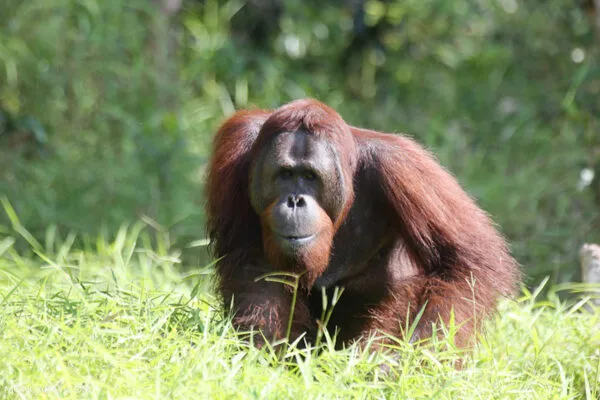Illegal deforestation Escalates in Brazil’s Rainforests Amid Pandemic
Brazilian Amazon has faced severe forest fires in 2019, leading to a massive increase in carbon emissions. While it was believed that the catastrophe would have prompted major plantation drives and a sense of protectiveness toward forests, illegal deforestation has in turn increased in Brazil amid the current coronavirus pandemic.
The data collected by Brazil’s National Institute for Space Research (INPE) reveals that compared to last year forest clearings have increased by at least 28 percent during the present monitoring year. It seems that under Brazilian President Jair Bolsonaro, who made promise to loosen environmental law enforcement and step up the development in the Amazon in his campaign, Brazil has enabled increased razing of the Amazon Rainforest.

Image: Victor Moriyama/The New York Times
The numbers used for the analysis come from Brazil’s Real-time Deforestation Detection System (DETER), which uses low-resolution satellite images to instantly identify new forest clearings and alert authorities about possible illegal deforestation.
According to the data updated in July 2020, over 8,700 square kilometers of primary forest areas has disappeared since August 2019, compared with 6,800 square kilometers in the previous 12 months. Illegal loggers, miners and land grabbers have cleared large areas of the Amazon with liberty in the recent times of the pandemic, as the law enforcement efforts try to curb the spread of coronavirus.
The environmentalists worry that recently cleared patches are likely to make way for wildfires even more widespread and ruinous than the ones last year. The newly cleared areas are usually set alight during the drier months of August to October to prepare the land for cattle grazing, which often leads to devastating bushfire episodes.
According to Ana Carolina Haliuc Bragança, a federal prosecutor who leads a task force that investigates environmental crimes in the Amazon,
The trend line is shooting upward compared to a year that was already historic in terms of a rise in deforestation. If state entities don’t adopt very decisive measures, we’re looking at a likely tragedy.
The pandemic has worsened the ecological degradation put in motion by the Bolsonaro government, who prefers expanding commercial development in the Amazon and thinks of environmental guidelines as an obstacle to economic growth.
According to Brazil’s National Institute for Space Research, an estimated 464 square miles of Amazon tree cover was reduced from January to April, a 55 percent upsurge from the same period last year and an area about 20 times the size of Manhattan.
Government officials and environmental activists are of the opinion that the rise in deforestation is being driven by a predominant sense among illegal loggers and miners that cutting down the forests carry minimal risk of penalty and grants substantial payment.
Apparently, the Bolsonaro government fired three senior officials at Ibama in April after they carried out a large operation pursuing illegal miners in Pará state in the north. The government is also supporting legislative initiatives that would give land titles to residents who have taken possession of tracts in the Amazon and other forest areas. About 50 percent of the tree cover that was on public land has been lost during the first four months of this year.
Eduardo Taveira, the top environmental official in the Brazilian state of Amazonas, said that illegal loggers, who generally try to avoid being fined and having their equipment demolished by federal agents, are working more openly than in years past. He further added,
There’s a sense that the government is focused only on fighting the coronavirus, so this type of illegal activity is happening more boldly than in recent years.
According to the data from an industry group, bulldozer sales have doubled in Brazil between January and April compared to the same period last year.
In May, the Bolsonaro administration dispatched a few thousand troop to the Amazon, tasked with preventing environmental crimes for a month. While, it seems to be a good step toward protecting the wildlife, it was more of a political move that was prompted by fear of a new wave of international condemnation.
Environmental activists welcome any increase in enforcement, but most view the military operation as a public relations stunt that will not change the course of deforestation or lead to punishment for the people causing the demolition.
Meanwhile, the members of six indigenous communities in Brazil, such as the tribe Uru-Eu-Wau-Wau, are learning to operate drones to track deforestation. The training was held by World Wildlife Federation (WWF) and the Kanindé Ethno-Environmental Defense Association, a local NGO dedicated since 1992 to protecting the Uru-Eu-Wau-Wau and the environment in their home state of Rondônia, Brazil.
When the Indigenous tribes realized that they could see the forest from above and keep patrol over much greater areas than ever before, they became fascinated with the modern technology and started to learn how to operate the drones to look out for illegal loggers. In the first month of drone surveillance, the tribe discovered an area of about 494 acres that was being illegally logged. Days later, a helicopter spread grass seed on the plot, indicating that the land would be used for cattle pasture.
Hopefully, such surveillance systems can protect the forests in peril.


